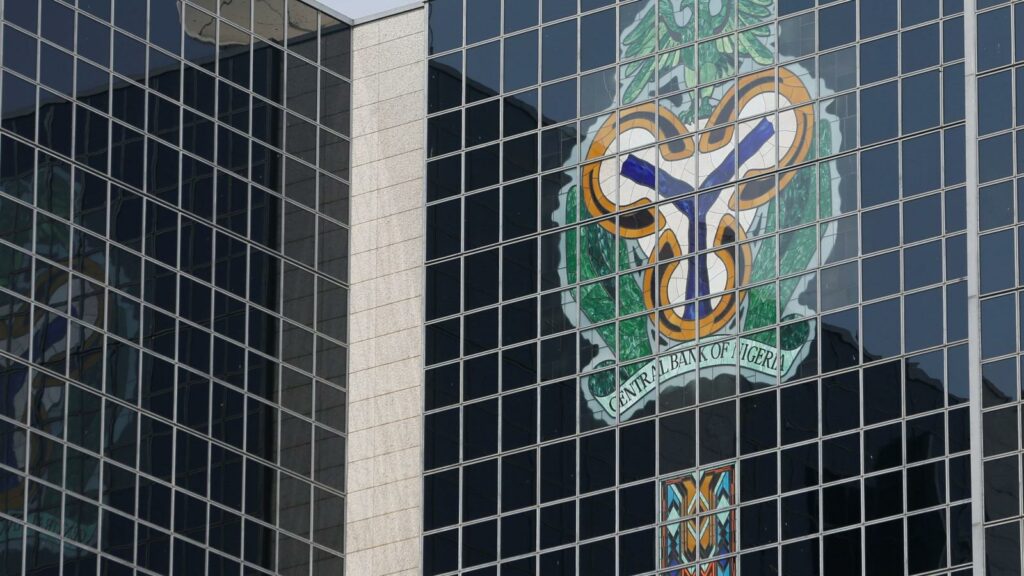
Introduction
Nigeria, known as the “Giant of Africa,” is facing significant challenges in its currency situation. The country’s currency, the Nigerian naira (NGN), has been experiencing volatility and depreciation in recent times. This article aims to examine the factors contributing to the current currency situation in Nigeria, analyse its challenges, and explore potential prospects for improvement.
Currency Depreciation and Economic Factors
One of the primary causes of the currency situation in Nigeria is the depreciation of the naira. This depreciation can be attributed to various economic factors, including declining oil prices, reduced foreign direct investments, inflation, and insufficient diversification of the economy. Nigeria heavily relies on oil exports, making it vulnerable to fluctuations in global oil prices, which directly impact the country’s foreign exchange earnings and currency stability.
Inflationary Pressures
High inflation rates also pose a significant challenge to the Nigerian currency. Persistent inflation erodes the purchasing power of the naira and creates uncertainties in the economy. Factors such as inadequate infrastructure, poor agricultural productivity, and supply chain disruptions contribute to inflationary pressures, making it difficult for the central bank to maintain price stability and support the currency’s value.
Foreign Exchange Reserves and Capital Flight
Nigeria’s foreign exchange reserves have experienced fluctuations due to various factors. Lower oil revenues, capital flight, and reduced investor confidence have all put pressure on the country’s reserves. Capital flight, in particular, occurs when investors withdraw their investments from the country, leading to a decrease in foreign exchange inflows. This further affects the stability of the naira and limits the government’s ability to intervene in the currency market effectively.
Government Policies and Interventions
The Nigerian government and the Central Bank of Nigeria (CBN) have implemented several measures to address the currency situation. These include currency controls, import restrictions, and foreign exchange intervention mechanisms. However, the effectiveness of these policies has been debated, as they can also have unintended consequences such as stifling economic growth, encouraging parallel markets, and limiting foreign investments.
Prospects for Improvement
Despite the challenges, there are potential prospects for improving the currency situation in Nigeria. The government has recognised the need to diversify the economy and reduce dependence on oil.
Promoting non-oil sectors, such as agriculture, manufacturing, and services, can help stimulate economic growth, generate employment opportunities, and enhance foreign exchange earnings.
Furthermore, enhancing fiscal discipline, improving infrastructure, and attracting foreign investments are crucial steps towards achieving a more stable currency. Encouraging transparency, tackling corruption, and implementing structural reforms will boost investor confidence and attract capital inflows, positively impacting the currency situation.
Conclusion
The current currency situation in Nigeria presents both challenges and prospects. Addressing the root causes of currency depreciation, inflationary pressures, and capital flight requires a comprehensive approach that encompasses economic diversification, policy reforms, and improved governance. By undertaking these measures, Nigeria can strive towards achieving a more stable currency and fostering sustainable economic development.
This is an article for you to Digest.